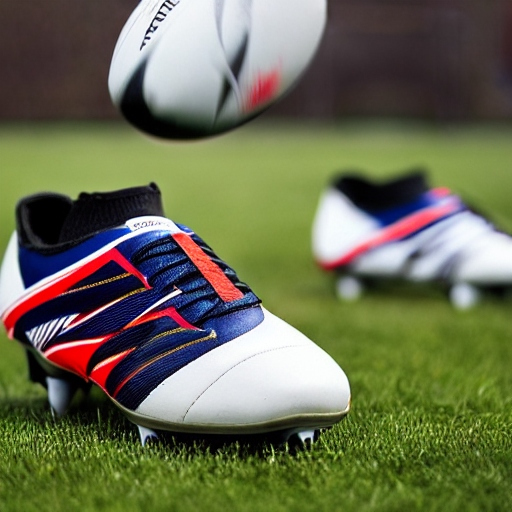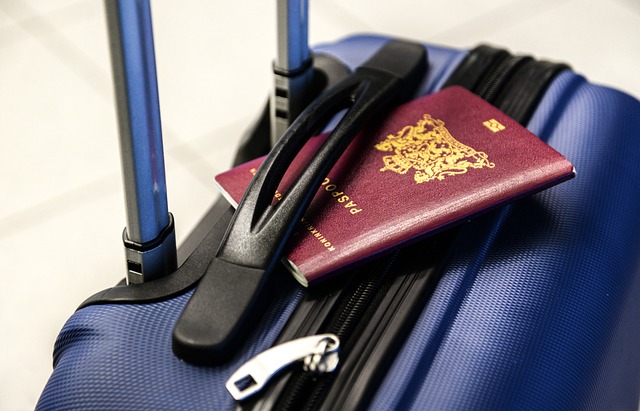If you’re heading on a Rugby Tour this season, here’s a top 10 checklist to get prepared for your tour.
1. Rugby Kit and Clothes

Ensure you have all the kit and a checklist: boots, jersey, shorts, socks, gumshield, scrum cap, and protective packing.
But also clothes for activities and going out. Check what activities other than rugby you may be doing, like surfing, paintball, or anything that has been organized, and write a list.
2. Travel Documents and Passports

Do they expire six months after you arrive at your tour destination? Ask the organizers for vaccinations, visas, etc. If you are going to the USA, check that you have ETSA.
3. Travel Insurance

make sure your travel insurance policy covers you for playing Rugby and any injuries you may sustain.
Many policies that you automatically get with your bank account, etc., exclude playing Rugby, or you are only covered if it is incidental to your trip as opposed to its Sole purpose. JS Insurance Rugby Policy will cover you for playing Rugby on tour or in a Tournament for the Sole Purpose of your trip.
If you are going as a Coach or a spectator (parent), you still need Travel Insurance.
4. Fitness and Preparation

Please ensure you can play and research the opposition and how they play. When playing overseas, the rules can differ slightly in what they allow. Familiarise yourself with these and how the referee runs the game.
Check how hard or soft the grounds may be and what studs to take.
5. Embrace Local Culture
Familiarize yourself with and respect the culture of the country you are touring. If you are staying with a host family, take a gift.
6. Get a Local SIMCARD

This may save you loads on your mobile bills, so use WiFi when you can. Make sure you have enough money for the trip as well.
7. Check that you have essential numbers
Your coach, organizer, teacher, local emergency number, and the number of your host family (if applicable). Emergency Medical Number from your insurance, together with your Policy number
8. Make sure Medical Conditions are disclosed on your Travel Insurance
Suppose you have had recent injuries or have asthma, diabetes, or any other medical conditions. In that case, you need to declare them when obtaining your travel insurance for your rugby tour, whether you are playing or not.
That way, they are covered while you are away. If you have been concussed recently while playing, have you completed the Protocol?
We cover some medical conditions as standard without needing a medical screen; please find these on pages 8 / 9 of the policy wording.
If your medical condition is not on the list, don’t hesitate to contact us.
9. Additional Tips
bring an adapter, cash, and 1st Aid Kit if you have one. Pack light, and take a spare pair of glasses and any medication you usually take. Label everything with your phone number ( with country code on it – 44 )
10. Annual Cover
Get an Annual Travel Insurance Policy if you travel more than once a year, go on more tours or play in Amateur Rugby Tournaments overseas. This will work out cheaper; you only have to get it once. Annual policies are not available for those under 18 years of age.

/Gold/Gold%20Trusted%20Service%20Award%20-%20Badge%20-%201x1.png?width=481&name=Gold%20Trusted%20Service%20Award%20-%20Badge%20-%201x1.png)








Recent Comments